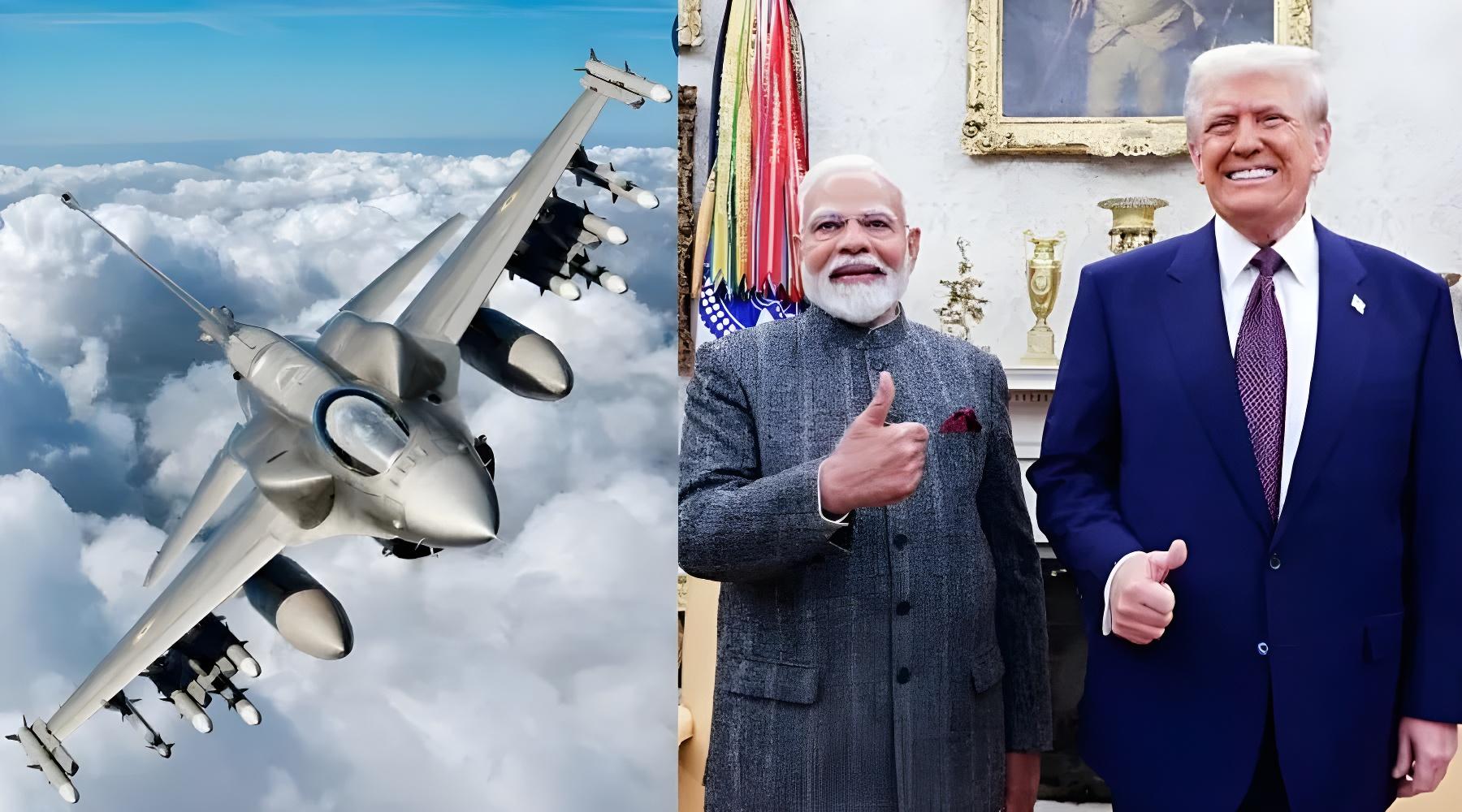As India weighs its defense options between the US and Russia, a fierce political and strategic debate has emerged over the potential purchase of F-35 fighter jets. The issue remains ambiguous, with no formal deal yet, but growing concerns about cost, geopolitical consequences, and the future of India’s defense partnerships.
Opposition parties have strongly criticized US President Donald Trump’s offer to sell F-35s to India, calling them too expensive and impractical. At the same time, Russia has proposed manufacturing its advanced Sukhoi Su-57 fighters in India, promising greater technology transfer. With the Indian Air Force facing a decline in squadron strength—now at 31 instead of the required 42—there is an urgent need to acquire new jets to counter China’s growing military capabilities. However, which option India will pursue remains unclear.
Trump, after meeting Prime Minister Narendra Modi in Washington last week, announced that the US would expand military sales to India starting in 2025, with the F-35 as a potential addition. However, the Indian government has not confirmed any plans to buy the aircraft. The opposition Congress party has seized on remarks by billionaire Elon Musk, a Trump ally, who previously called the F-35 “junk” and questioned why Modi would consider acquiring it. Congress criticized the jet’s high purchase and operational costs—reportedly around $80 million per unit—suggesting it is an unwise investment.
Despite Trump’s offer, India’s foreign secretary clarified that discussions are still at the “proposal stage,” and no acquisition process has begun. Meanwhile, Russia’s offer to locally manufacture the Su-57 has further complicated the decision. If India moves forward with the US, it risks straining its long-standing defense ties with Russia, which has historically supplied most of India’s military hardware. Conversely, opting for the Su-57 could impact India’s growing defense partnership with the US, a key counterbalance to China.
Defense expert Amit Cowshish noted that while Russia is open to technology transfers, a deal of this scale would come with diplomatic and strategic challenges. India’s decision will not only shape its air force capabilities but also influence its position in global power dynamics, making the issue far from straightforward.

